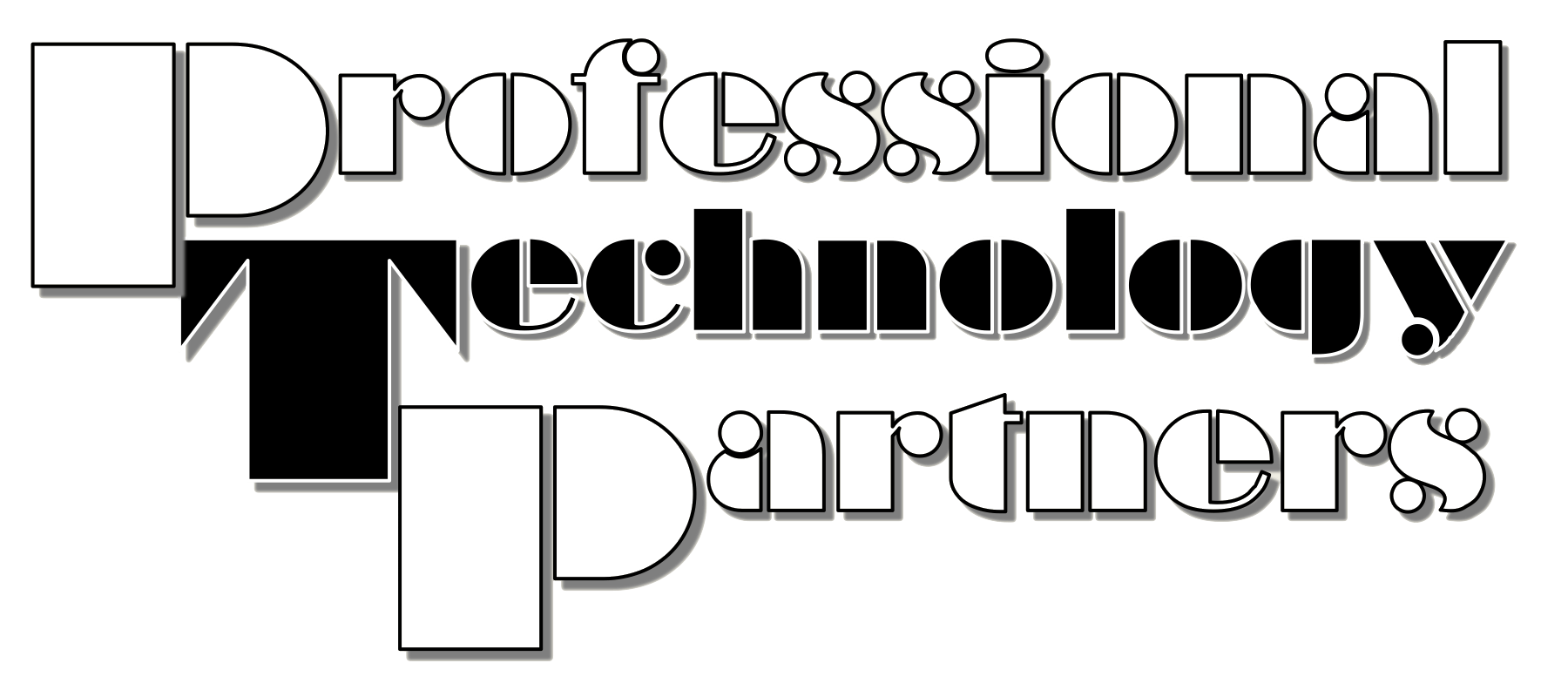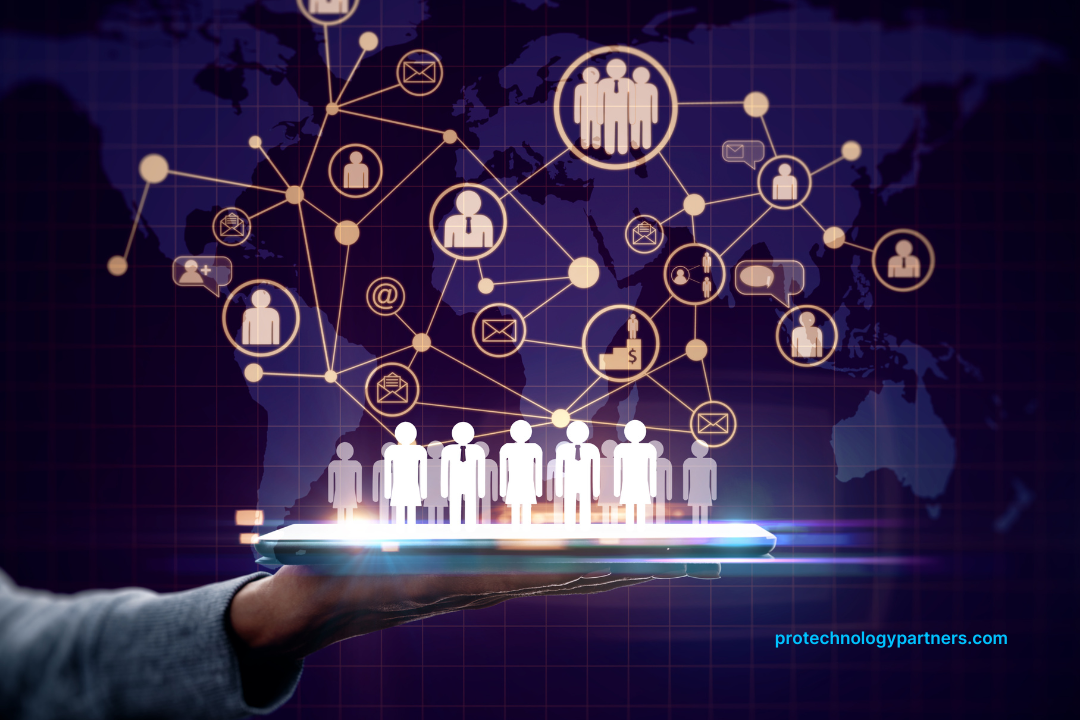Introduction: The Future of Work is Now!
Welcome to the thrilling intersection where advanced technology meets human resources (HR)! This isn’t just about leveraging on the advancement of AI and the latest software technologies around HR; it’s about fundamentally transforming the way we manage people and implement HR functions in workplaces. With the rapid advancements in HR technology, including artificial intelligence (AI), virtual reality (VR), and extensive data analytics, HR roles are being revolutionized. This extensive exploration will dive into how these technological innovations are reshaping HR functions and processes, enhancing employee experience and creating a dynamic work environment that was once unimaginable.
AI-Enhanced Recruitment and Onboarding: Robots as Recruiters?
In the realm of HR, AI-powered tools are revolutionizing recruitment, allowing the HR department to be more efficient and effective without sacrificing the value of connecting with people. These intelligent systems analyze vast amounts of employee data to pinpoint the best candidates quickly and accurately compared to the traditional way of paper-screening CVs. AI’s impact also extends to the onboarding process, where it customizes training schedules and helps integrate new hires smoothly into their teams. AI in the onboarding process ensures new employees feel well-received and supported from day one, enhancing overall employee experiences and setting them up for success.
AI tools like chatbots can conduct initial interviews and gauge candidate responses, providing HR teams with insights that were previously unimaginable. This not only speeds up the hiring process but also helps in matching the right candidate with the right job, reducing turnover and increasing job satisfaction. This is all happening while the expert recruiters are still able to assess the candidates and their capabilities but only now in much faster way.
Virtual Reality in Training Programs: Learn by Doing in a Virtual World
Virtual reality is transforming traditional training programs into exciting, immersive experiences. By simulating real-world scenarios, VR enables employees to engage in hands-on training. This method not only improves learning and retention rates but also boosts employee engagement by making training sessions more interactive and enjoyable. Companies across various industries are rapidly adopting VR to provide risk-free training environments where employees can learn at their own pace, practice multiple times, and gain confidence in their skills without real-world consequences.
For instance, VR can simulate a high-risk task in a controlled environment, allowing for safe practice and exposure without the real-world risks. This is particularly useful in industries like manufacturing, healthcare, and law enforcement, where practical experience is crucial. This eliminates the manual legwork involved in conducting an actual training where logistics, scheduling, materials and the trainer himself needs to all work seamlessly to provide the ideal learning experience.
Data-Driven Performance Management: Keeping Score with Data
Today’s HR landscape sees performance management increasingly guided by data-driven decisions especially on rules-based roles and tasks. Using comprehensive analytics, HR departments can monitor employee performance more accurately and provide constructive feedback based on solid data. This enhances performance management and employee engagement by ensuring that each employee receives personalized, relevant feedback and support. Data-driven insights also allow managers to recognize achievements, address potential challenges proactively, and foster a culture of transparency and continuous improvement within the HR team.
Furthermore, HR professionals use performance data to align employee goals with company objectives, creating a more unified and goal-oriented workforce. This approach not only motivates employees but also drives overall organizational performance. In this day and age where data is a crucial element, this gives more power to the HR managers to arrive at more sound people and business decisions.
Enhancing Employee Experience with Predictive Analytics: Predicting Work Happiness
Predictive analytics is changing how HR predicts and responds to employee needs. By analyzing trends and patterns from employee data, predictive models can identify potential dissatisfaction or turnover risks before they escalate. This proactive approach not only enhances HR’s responsiveness but also contributes to a more positive work environment. Predictive analytics enables HR to tailor their strategies to improve employee satisfaction, retention, and overall company morale, ensuring a harmonious and productive workplace.
These analytics can forecast career pathing opportunities, helping employees visualize their future within the company and plan their development accordingly. This not only aids in personal growth but also aligns their aspirations with the company’s needs. This will work well especially for big companies with a multitude of employees as the predictive capabilities will provide useful insights that will lead the HR Team to the more ideal path in less time.
Remote Work Technologies: Working Together While Apart
The surge in remote work has brought new challenges and opportunities in maintaining connected and cohesive teams. Remote work technologies have become the backbone of modern HR processes, ensuring that team members, regardless of their physical location, remain engaged and integrated within the company culture. These tools support various HR functions, from daily communications to project management and performance tracking, helping maintain an effective and inclusive remote work environment.
While some technologies have already existed before, there has been a great improvement in the tools that we have now making remote work very seamless and conducive to the remote worker and the employers. With the emergence of Zoom and improvement in conference, meeting, tracking and project management tools, there’s a significant improvement at how work can be done remotely in a better manner and continues to improve each day. These technologies facilitate virtual meetings, collaborative projects, and even virtual office spaces that replicate the interaction and spontaneity of physical office settings. As remote work becomes more prevalent, these tools are essential in maintaining productivity and team unity.
Emerging Trends: The Integration of AI and Wellness Programs
As technology continues to evolve, new trends are emerging that integrate AI with employee wellness programs. These initiatives use AI to personalize wellness recommendations and track progress, helping employees maintain physical and mental health. The integration of such technologies shows HR’s evolving role not just in managing work but in actively supporting every aspect of employee well-being.
For example, AI-driven platforms can analyze individual health data to offer customized fitness and diet plans, encourage regular health check-ups, and monitor mental health. This holistic approach ensures that employees remain healthy and engaged, which is crucial for long-term productivity and satisfaction. This allows for the employees to tailor fit their wellness priorities while having a vast array of options all of which are easily accessible.
Conclusion: The Exciting Road Ahead
The integration of advanced technologies in HR practices is shaping a future where HR is not merely a support function but a pivotal element of strategic organizational success. These innovations are not only streamlining HR processes but also enhancing the employee experience, making workplaces more adaptable, efficient, and supportive. It goes without saying that HR Experts are still going to be relevant despite the huge advancement in AI but what is exciting is how their pivotal role will be enhanced and assisted with the advancement in technology.
Be Part of the Future!
For those intrigued by the possibilities at the nexus of technology and workplace dynamics, the field of HR offers a fascinating career path. As you consider your future, think about how you can be part of this exciting evolution. Whether you’re planning your career or just exploring your interests in technology, the world of HR is ripe with opportunities for innovation, leadership, and transformation. Dive into the possibilities that HR innovations offer and envision how you might contribute to shaping the future of work.
Join Profession Technology Partners (PTP) in reshaping the future of HR. PTP offers cutting-edge virtual assistance services that leverage advanced technologies to enhance HR functions and improve organizational efficiency. Explore our services and discover how we can support your HR needs with innovative solutions. Visit PTP’s website to learn more and take the first step towards transforming your HR practices.



